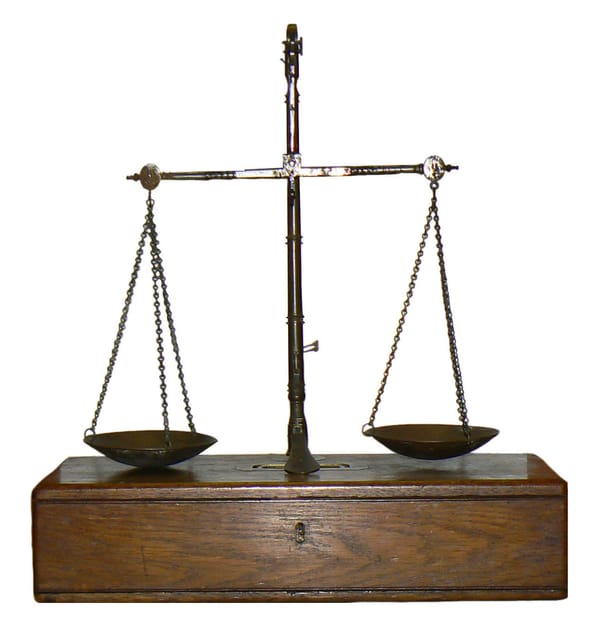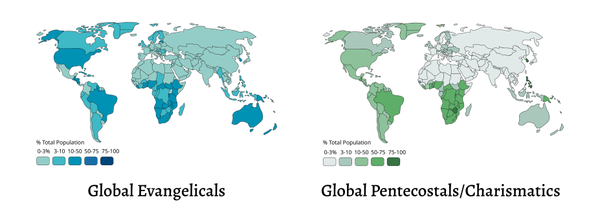Lack of logic may shape psychologist's thinking about language
slashdot mentioned an article entitled Language may shape human thought in which a psychologist argues for a variant of the Sapir-Whorf hypothesis on the basis of a study of the Pirahã tribe.
On closer examination his logic is fairly interesting ... extracts from the article illustrate this:
- "There are not really occasions in their daily lives where the Pirahã need to count" explains Gordon
- The language, Pirahã, is known as a "one, two, many" language because it only contains words for "one" and "two" - for all other numbers, a single word for "many" is used.
- In order to test if this prevented members of the tribe from perceiving higher numbers, Gordon set seven Pirahã a variety of tasks.
- For one, two and three objects, members of the tribe consistently matched Gordon's pile correctly. But for four and five and up to ten, they could only match it approximately, deviating more from the correct number as the row got longer.
- Gordon says this is the first convincing evidence that a language lacking words for certain concepts could actually prevent speakers of the language from understanding those concepts.
None of this (at least in the article) contains any justification as to why the perceived lack of the Pirahã to compare numbers of objects comes from the lack of number words in their language, rather than from the fact that they never need to count in daily life by Gordon's own explanation.




